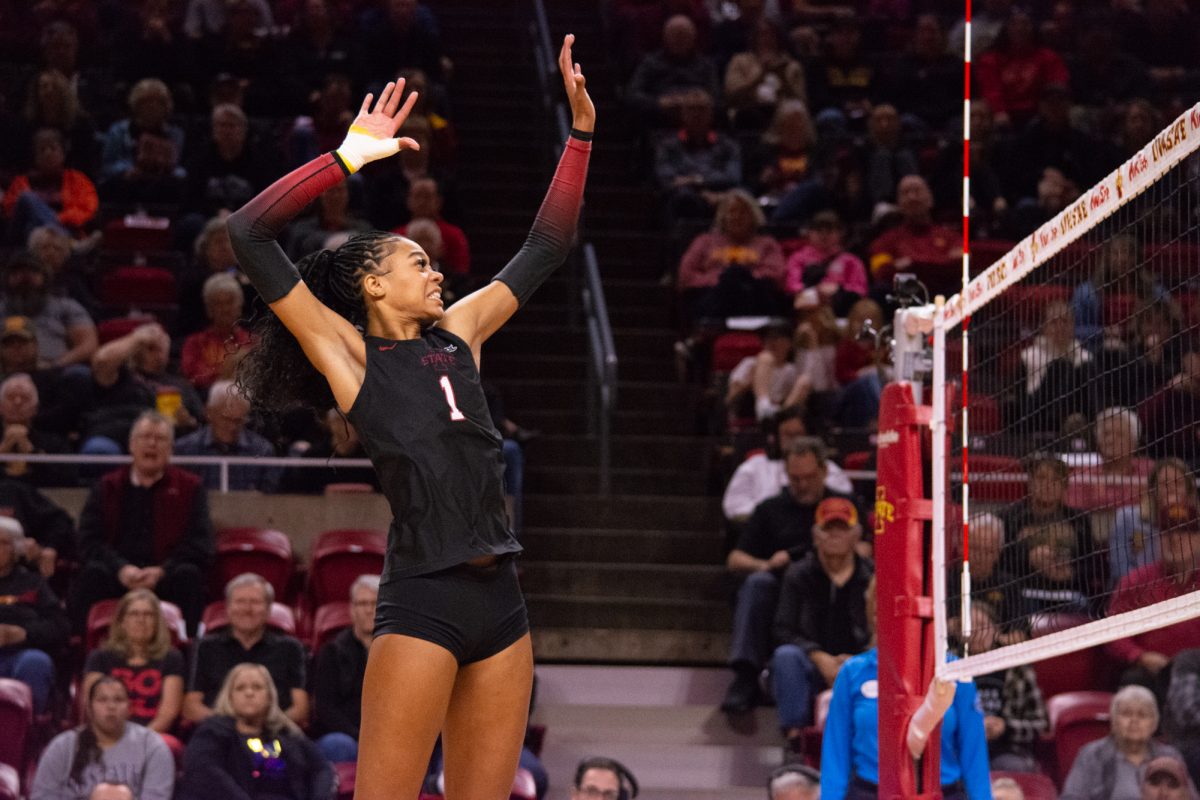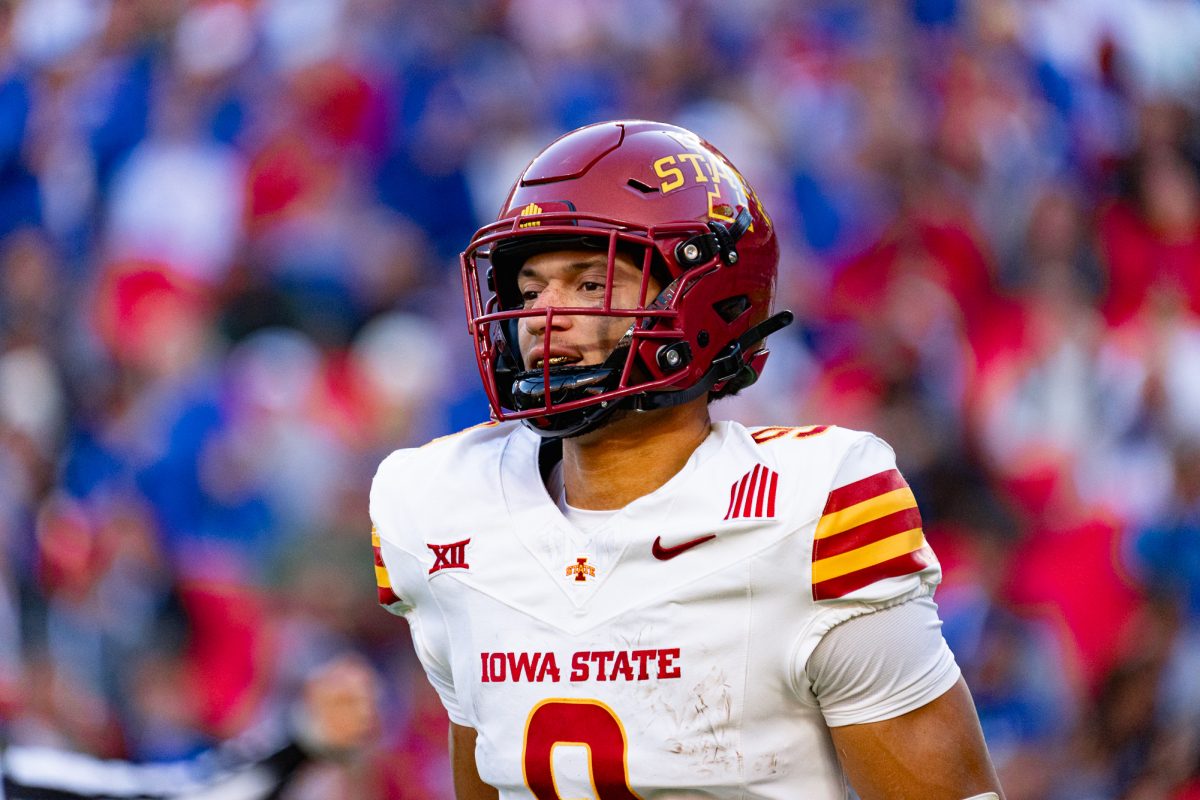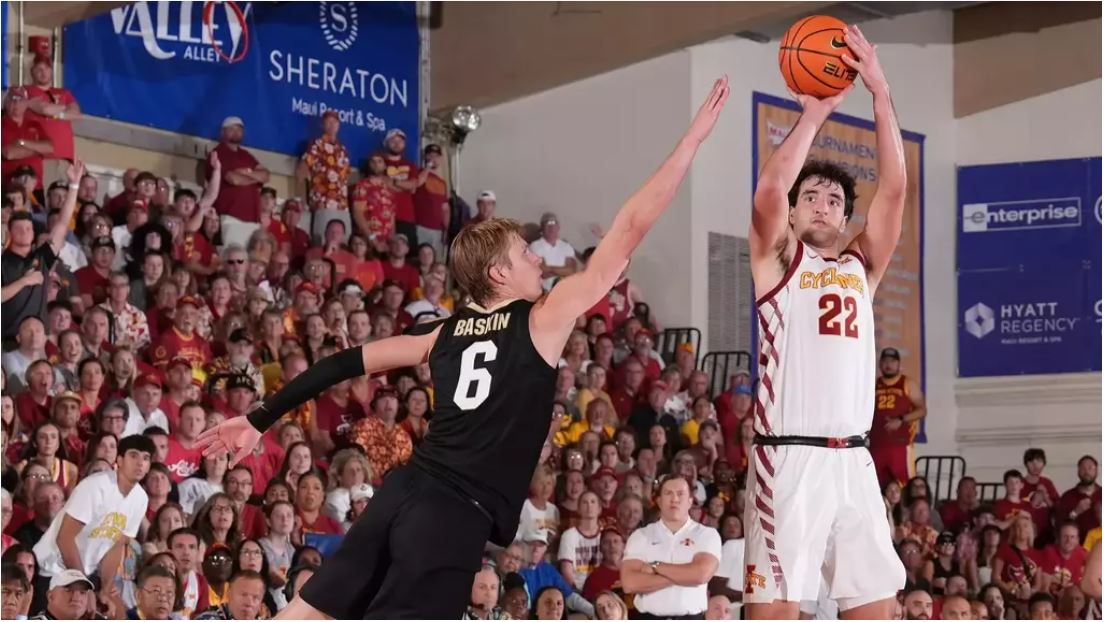COLUMN: The missing ingredient in the Veishea task force’s report: students’ perspective
December 3, 2004
The Veishea task force was not a publicity stunt or a sham. It was a group of 31 people, most of whom were extremely dedicated to the goal of ensuring successful Veishea celebrations for the future. There were a good range of perspectives, and all were, for the most part, treated fairly by the process and included in the report. As popular as it may be to dismiss the process out of hand, I cannot do that.
In fact, I was wavering on whether to sign or not. Only one recommendation and a part of another are problematic out of the 12 major recommendations of the report. One of the other three recommendations, labeled to be “seriously considered,” covers another important aspect of what I believe are the necessary changes to dramatically reduce the possibility of future disturbances.
It ultimately came down not to what was in the report, but to what was not. We collected eye-witness reports from students, and the report claims to factor them into the chronological recounting of the disturbance. It doesn’t. If we were going to make specific recommendations about how to reduce the prevalence of large off-campus parties, I felt that we should do the same for how to improve police responses to them. We didn’t. When I sat down and read the report again from top to bottom, it became clear that it simply lacked a strong student perspective.
Recommendations Four and Six both speak to increasing penalties for individuals who participate in off-campus parties. It is obvious that these riots are extremely unlikely to occur without these large parties as an initial source. Trying to curb them is a necessity, but to imagine that increasing penalties will accomplish anything good without giving students other options for socializing and, yes, drinking, is naive.
Recommendation 13, one deemed too controversial to actually recommend, promotes “considering” changes to alcohol policies. This was originally presented as a suggestion to allow younger people into the bars, to get rid of Fresh Start alcohol policies in the residence halls and to abandon the concept of a dry Veishea. These recommendations would have been the most important for spreading students out and preventing the crowds necessary to initiate a riot, but they were watered down and inundated with bureaucracy up to the point that the final result is just a call for another task force, one that would likely be even less friendly to student views.
Recommendation Eight is the only one of the main 12 that tries to address the reason why students go to off-campus parties in the first place — it encourages the development of social venues and outlets that appeal to the social needs of underage and of-age students. Although positive, this recommendation was not added until the last hour of the last meeting of the committee, and would likely not have been at all if I hadn’t raised the issue repeatedly. Given more time, it could have become something that persuaded me the other way. As it is, I have too much experience seeing what Iowa State considers positive social interaction to believe that this recommendation was developed enough to warrant my support for the whole report.
Why did things end up this way? I’m still not sure. Part of it was a process that encouraged us to abandon the controversial issues as too time-consuming, though we spent hours on mundane details. Another part was student representation that was fractured and ineffective. Heck, at least two of the students on the task force agreed to sign off on the report without even reading the entire thing. As a group, we failed the student body, and I apologize.
Obviously, though, this process is not over. President Geoffroy has the final say over which recommendations are implemented and which are not. Discussions are continuing outside of the task force on how to solve the problem of these parties in a way that is respectful to students.
Both the chief of police and the director of DPS have expressed interest in working more on student-police relations. There is still hope for serious results; they just aren’t coming from the task force.





